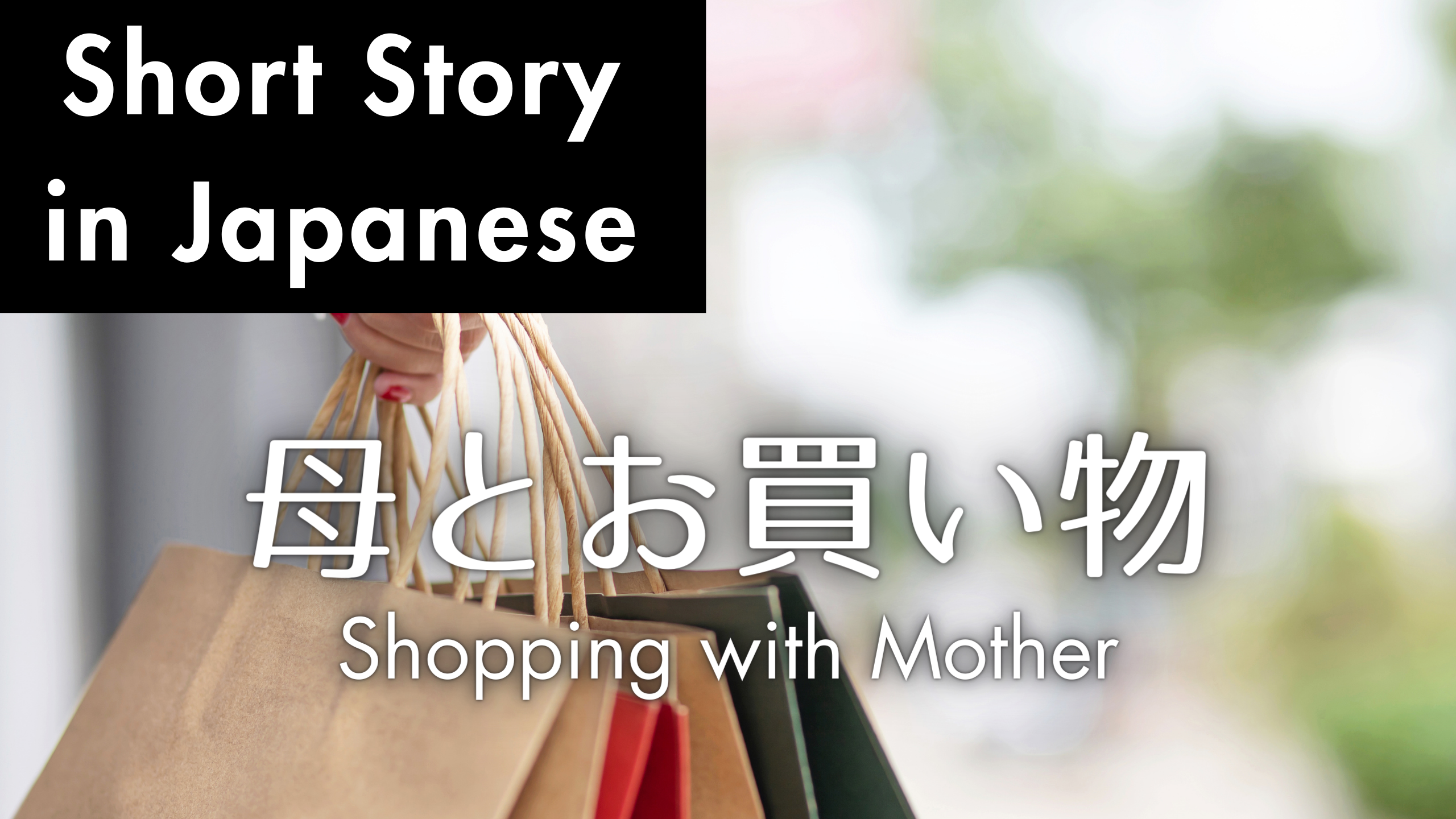音声を聞く Listen to the Audio
テキスト Text
さくらさんは、日曜日の昼過ぎに母親の冬美さんに会いました。さくらさんは最近仕事が忙しかったので、久しぶりに母と過ごす時間を楽しみにしていました。商店街を歩いていると、さくらさんは気になるお店を見つけました。「ちょっとこの店、寄ってもいい?」と尋ねると、母は「もちろん」と答えました。店内には、たくさんの古着やヴィンテージのアクセサリーが並んでいて、さくらさんは目移りしてしまいました。気になるセーターを見つけたので、試着してみました。冬美さんもそのセーターを見て、「いいね、似合ってる。」と言いました。久しぶりに母に会えたし、何となく立ち寄ったお店でいい買い物ができたので、さくらさんはとても満足して家に帰りました。
語彙 Vocabulary
●昼過ぎ(ひるすぎ)/hirusugi/ (n.) Afternoon
●久しぶりに(ひさしぶりに)/hisashiburi ni/ (adv.) For the first time in a long time
●気になる(きになる)/ki ni naru/ (v.) To feel inclined to
●寄る(よる)/yoru/ (v.) To pop in
●古着(ふるぎ)/furugi/ (n.) Used clothes
●ヴィンテージの /vinteeji no/ (adj.) Vintage
●目移りする(めうつりする)/meutsuri suru/ (v.) Many things catch one’s eye that it’s difficult to decide what to have
●試着する(しちゃくする)/shichaku suru/ (v.) To try some clothes on
●何となく(なんとなく)/nantonaku/ (exp.) Somehow, for some reason, for no particular reason
●満足する(まんぞくする)/manzoku suru/ (v.) To feel satisfied
文法 Grammar Points
▶︎Verb + と (When … / If …)
・部屋で仕事をしていると、夫がコーヒーを淹れて持ってきてくれた。
While I was working in my room, my husband brew some coffee and brought it to me.
・ビルの外に出ると、暑くて汗が出てきた。
Once I stepped outside the building, it was hot and I got sweaty.
・この音楽を聴くと前向きな気持ちになれます。
This music makes me feel positive.
・朝ごはんを食べないと元気が出ません。
If I don’t eat breakfast, I have no energy.
▶︎Quoted speech + と (For casual speech, use “〜って“)
It’s similar to the use of quotation mark in English.
・JLPTで満点を取って、先生によく頑張ったねと褒められました。
I got a perfect score on the JLPT and my teacher praised me for a job well done.
・友達に週末空いてる?って聞かれた。
A friend asked me if I was free this weekend.
▶︎(つい)〜てしまう (Doing something unintentionally or unconsciously)
(つい +)Verb て-form + しまう
・電車ですごく綺麗な人がいて、つい見てしまった。
I saw a very beautiful person on the train and I couldn’t help but looked at her.
・仕事で疲れ過ぎて、いつも帰りの電車で寝てしまう。
I get too tired from work and always fall asleep on the train on the way home.




Comments